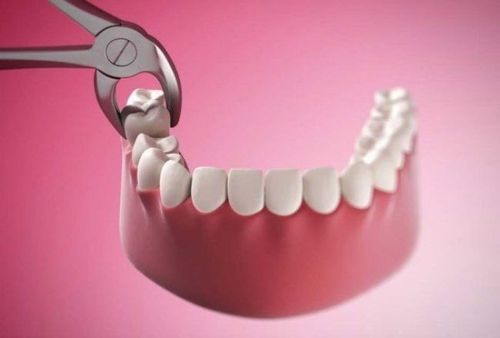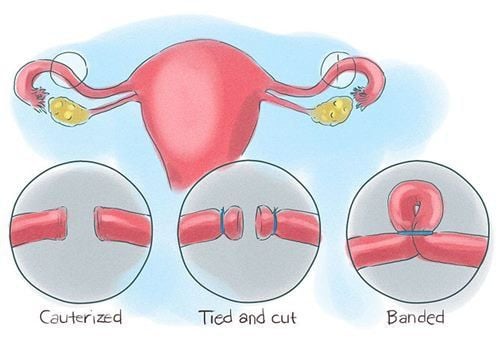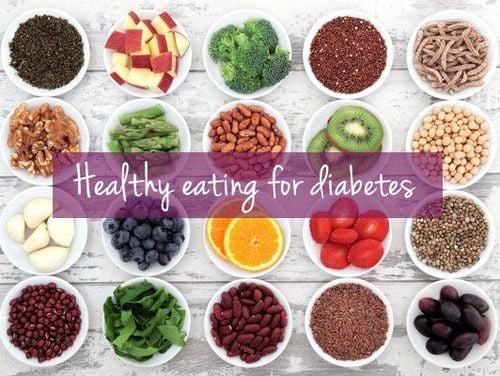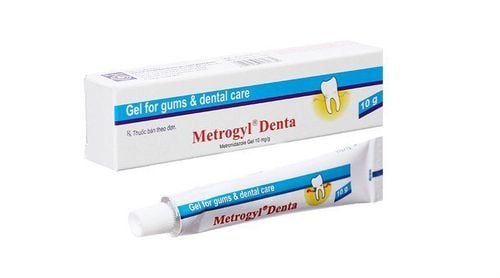"Can the diabetes undergo tooth extraction?" is a common question among patients and their families. Dental problems are one of the complications of diabetes. Therefore, whether a diabetic patient can undergo tooth extraction depends on their blood sugar levels measured before the procedure.
1. Oral health issues in diabetic patients
According to the American Diabetes Association, diabetic patients are at a higher risk of oral health problems compared to non-diabetic individuals. These include:
- Gingival diseases, gingivitis, periodontitis
- Increased risk of oral thrush caused by fungal infections.
- Xerostomia (dry mouth), which increases the likelihood of cavities, toothaches, oral infections, and mouth ulcers.
The impact of diabetes on oral health stems from the inability to control blood sugar levels, leading to several gingival diseases. Additionally, diabetic patients who smoke are more prone to oral health problems compared to those who do not.
Moreover, diabetes compromises the ability to fight off bacterial infections in the gingiva. Xerostomia may also be caused by medications used to treat diabetic neuropathy.
Typically, diabetic patients often overlook signs of oral health issues, such as:
- Bleeding during brushing or flossing
- Misaligned teeth or improper alignment of the upper and lower jaw
- Persistent bad breath despite proper brushing and rinsing.
- Gingival recession, red and swollen gingiva, or loose permanent teeth.
2. Can the diabetes undergo tooth extraction?
Dentists state that diabetic patients experiencing dental issues, toothaches, and irreparable teeth may need to undergo tooth extraction. However, many patients worry about complications such as slow wound healing or increased susceptibility to infections.
To determine whether tooth extraction is viable, the dentist will require a blood sugar test before the procedure to monitor blood sugar levels over that period of time. If blood sugar level ranges from 7–10 mmol/L, the patient can proceed with the extraction. If the level is higher, treatment to reduce blood sugar below 10 mmol/L is necessary before the procedure.
It is crucial that tooth extraction for diabetic patients be performed in reputable medical or dental clinics. Patients should not attempt extraction themselves or visit clinics of uncertain reliability, as this increases the risk of dangerous complications.
3. Care and prevention of oral health problems in diabetic patients
To prevent oral health issues in diabetic patients, it is essential to notice and follow these care guidelines:
- Maintain good blood sugar control: Regularly monitor blood sugar levels and aim to keep them within the target range as advised by your doctor. Proper blood sugar management reduces the risk of oral health problems.
- Practice good oral hygiene: Brush your teeth at least twice a day, in the morning and evening, after meals. Use a toothbrush with soft bristles to avoid injuring the gingiva and toothpaste containing fluoride
- Use dental floss instead of toothpicks: To remove food particles between teeth or along the gumline, patients should use dental floss
- Schedule regular dental check-ups: To maintain optimal oral health, visit your dentist at least twice a year for check-ups as well as thorough cleaning. Inform the dentist about your diabetes so they can provide appropriate guidance and promptly address oral health issues. If symptoms such as bleeding, red and swollen gingiva, dry mouth, or loose teeth occur, consult the dentist immediately.
- Quit smoking: As mentioned above, diabetic patients who smoke are at a higher risk of severe oral health problems, including tooth loss. Therefore, quitting smoking is the best preventive measure.
Can the diabetes undergo tooth extraction? The answer is yes, but it depends on their blood sugar levels. If the required blood sugar levels are not met, patients must undergo treatment to achieve the target range before the procedure can take place.
To arrange an appointment, please call HOTLINE or make your reservation directly HERE. You may also download the MyVinmec app to schedule appointments faster and manage your reservations more conveniently.








